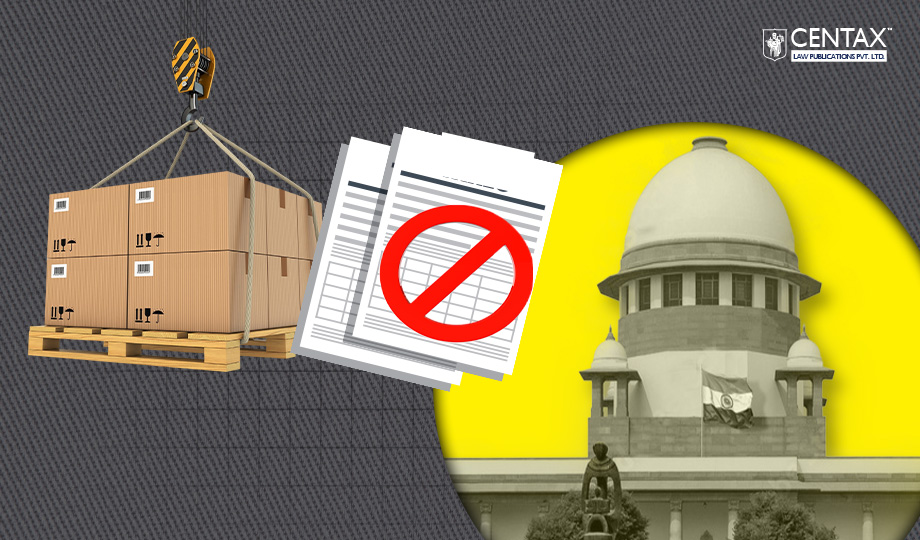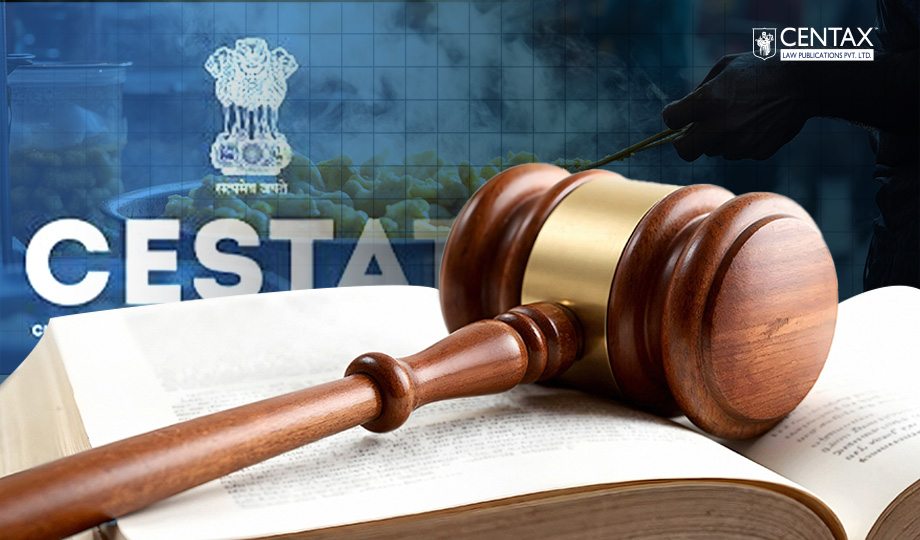
Case Details: Atlanta Trading Company Versus Union of India (2025) 30 Centax 378 (Mad.)
Judiciary and Counsel Details
- Dr. Anita Sumanth & G. Arul Murugan, JJ.
- S/Shri J. Subash & A.K. Jayaraj, Advs. for the Petitioner.
- Ms P. Anu Ganesan, Junior Panel Counsel for the Respondent.
Facts of the Case
The petitioner, an importer, had imported poppy seeds—classified as restricted items under the EXIM Policy 1992–1997—without obtaining the requisite import licence. Upon issuance of a show cause notice, the petitioner submitted that the import was made under a mistaken belief about the unrestricted nature of the goods and contended that poppy seeds were both used as ingredients in medicines and freely importable consumer items. The adjudicating authority, finding a contravention of Section 111(d) of the Customs Act, 1962, proceeded to determine the value of the consignment by taking the lowest prices reported in contemporaneous publications such as the Spice Board Journal and the Economic Times.
The authority ordered confiscation of the goods but allowed redemption upon payment of a fine equivalent to 210% of the CIF value, along with a personal penalty. On appeal, the CESTAT examined the contemporaneous import prices of similar consignments and, while upholding the penalty, reduced the redemption fine to 145% of the CIF value. Aggrieved by this partial relief, the petitioner approached the Hon’ble High Court.
High Court Held
The Hon’ble High Court held that there was no infirmity in the decision of the CESTAT in reducing the redemption fine while sustaining the penalty. It was noted that the petitioner had failed to substantiate the market value of the goods at the time of import, thereby justifying the adjudicating authority’s reliance on published data and selection of the lowest indicated prices. In exercising powers under Section 125 of the Customs Act, 1962, the authority had duly acted within the permissible statutory framework to impose a redemption fine in lieu of confiscation.
The Court observed that CESTAT, in its appellate capacity, had appropriately reassessed the quantum of fine based on the valuation of other consignments during the relevant period, which was a legitimate ground for partial relief. The Court therefore concluded that the adjudicating and appellate authorities had acted in accordance with law, and accordingly, the writ petition was dismissed.
List of Cases Reviewed
- Atlanta Trading Company — Appeal No. C/726/97, dated 18-11-1997 by CESTAT — Affirmed [Para 5]
List of Cases Cited
- Commissioner v. P. Sinnasamy — 2016 (344) E.L.T. 1154 (Mad.) — Relied on [Paras 7, 20]
- Commissioner v. Sai Copiers — 2008 (226) E.L.T. 486 (Mad.) — Relied on [Paras 7, 19]
- Jain Exports Pvt. Ltd. v. Union of India — 1993 (66) E.L.T. 537 (S.C.) — Followed [Paras 7, 18]




















